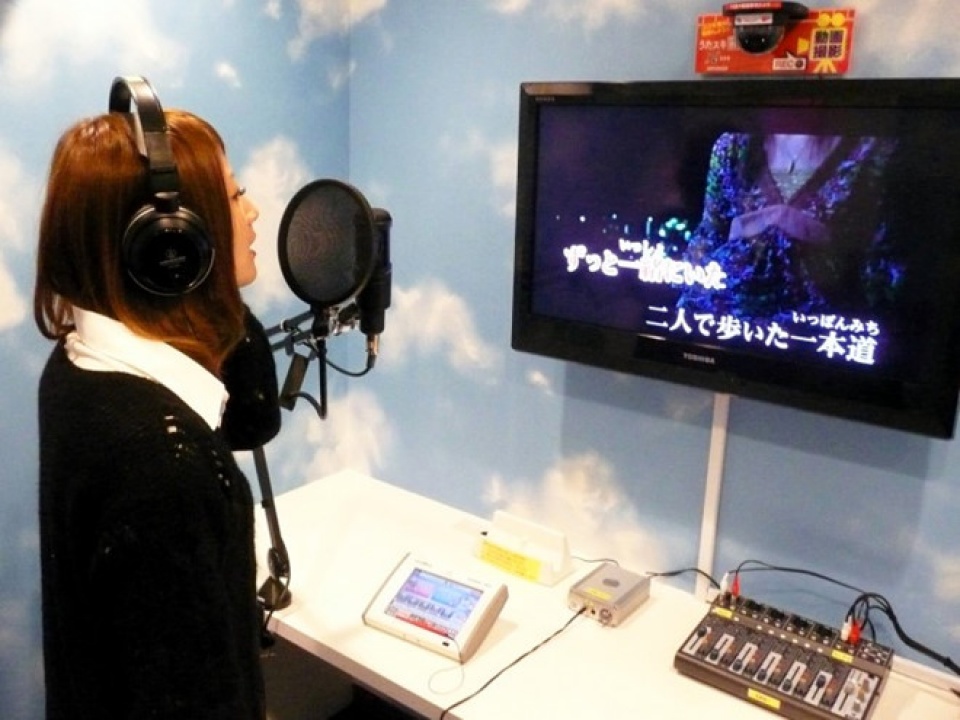Japanese service industry experts believe that this trend reflects efforts to address the diverse needs of consumers in the context of rapidly aging populations.
Some Japanese restaurants, often serving friends or families, are transforming models to focus on individual customers who prefer to eat alone and do not want to be distracted by employees or other customers.
“We found a way for customers to enjoy ramen without being bothered by glances from others,” said a spokesman for the famous noodle restaurant chain Ichiran Ramen in Hakata City, Fukuoka Prefecture. . “Women especially support this idea.”
Ichiran Ramen provides diners with independent dining rooms, separated by wooden panels, shielding them from the view of the sitting guests.

Customers will buy from vending machines, choose their favorite ramen and then eat at any empty dining room they want. Instead of being served to the table, diners will come to the dining room themselves, press the call button and give the order to service through a shutters in front of them. This shutters are only opened when orders are transferred and food is brought up.
The restaurant chain owner, Mr. Manabu Yoshitomi, came up with this idea from a customer survey. He found that many women felt uncomfortable going to ramen shops alone, because they did not want to be seen by others while they were “blowing”.
Also in Hakata city, yakiniku West Co. barbecue restaurant chain. Located on the main roads with odd tables and chairs for customers to go alone. West Co. It is the ideal place for those who need to search for private lunches.
“This is great when you have to think or need to focus on eating,” said an office worker.
Karaoke trends alone are also growing strongly. Koshidaka Holdings Co. has established a chain of karaoke rooms with the name “1 kara” in urban areas such as Tokyo, Osaka, Sendai, Miyagi, Kawasaki and Kanagawa since 2011.
Koshidaka develops high-fidelity microphones and headsets, helping customers to go all the way through the soundproofing chamber. “We have a good percentage of regular customers, the revenue is constantly growing steadily,” a company spokesman said.
Tomoki Inoue, a consumer behavior analyst at NLI Research Institute, said the expansion of individual customer service trends is necessary in the restaurant industry, where competition is fierce.
“Late marriage and many other factors lead to an increase in the number of single people. This market is growing,” Inoue said

